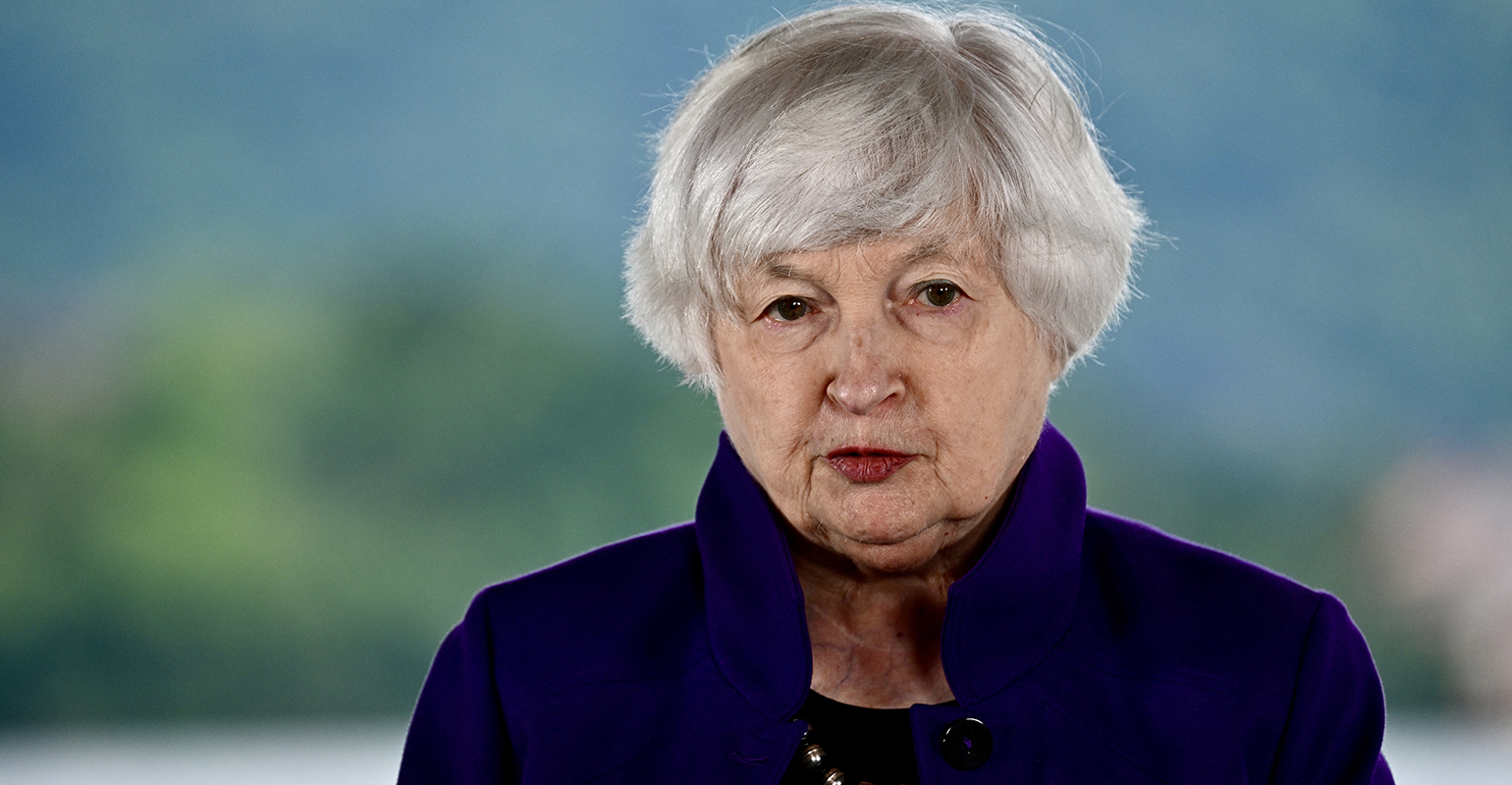(Bloomberg) — The Group of Seven countries are at odds over how to tax the world's wealthiest individuals as finance officials prepare for a meeting in Stresa, Italy.
An early draft communiqué contained language about exploring ways to improve the sharing of information about the wealthiest individuals, according to people familiar with the matter.
The latest version no longer mentions the issue, said the people, who declined to be identified because the talks are private.
Working on information sharing and transparency could have been the first step towards a global minimum tax for billionaires, as it was in the case of companies. The idea has received support from several Group of 20 countries, including Brazil.
The U.S. — which has by far the richest such individuals — had asked for the article to be removed, according to people familiar with the matter. Germany, home to more billionaires than any other European country, has reservations about the issue, one of the people said.
“It's not that I have any objection to setting a reasonable level of taxation, and certainly a minimum level of taxation for very high-income individuals in the United States,” US Treasury Secretary Janet Yellen told reporters. “I don't favor this particular formulation of how to do that.”
France is continuing to push governments to negotiate rules that would echo agreements among some 140 countries on a minimum corporate tax and rules for taxing the world's biggest digital firms.
“For seven years as finance minister, I have fought for the tax on digital giants, for a minimum tax on corporations,” French finance minister Bruno Le Maire said before the meeting. “I plan to fight with equal determination for a minimum tax on the world's largest wealth.”
As president of this year's Group of 20 nations, Brazil has made implementing a minimum global wealth tax on billionaires its cause celebre, including France as a vocal supporter.
Countries in favor of the initiative are seeking to build on the negotiations organized by the OECD on rules for multinational taxation that began in the wake of the global financial crisis.
Those talks dragged on for years and were repeatedly delayed by disputes between Europe and the US over the treatment of the biggest American firms.
The part of the OECD agreement that affects taxation of large technology firms is still some way from implementation, although officials said they expect the G-7 to signal more progress on Stress.
Read more on the Billionaire Tax:
Billionaires are next in the crosshairs of global tax architects
Taxing the super rich is Brazil's G-20 plan for climate, hunger
Nobel Economist Tells G-20 to Strike Climate Tax on Billionaires
The EU Tax Observatory – a network of academics based at the Paris School of Economics – estimates that applying a 2% rate to the wealth of the world's 2,750 billionaires could raise some 250 billion dollars a year. His research, supported by economist Joseph Stiglitz, shows that wealthier individuals face significantly lower tax rates than other groups.
“I know it seems like a big mountain to climb, but I was told the same thing about digital taxes and we got there,” Le Maire said.
However, Yellen suggested that the US is a long way from reaching that point.
“President Biden and I are committed to progressive taxation,” she said. However, “I'm not in favor of an international negotiation that would involve all countries agreeing to do it and redistribute income among countries based on climate and climate damage.”

